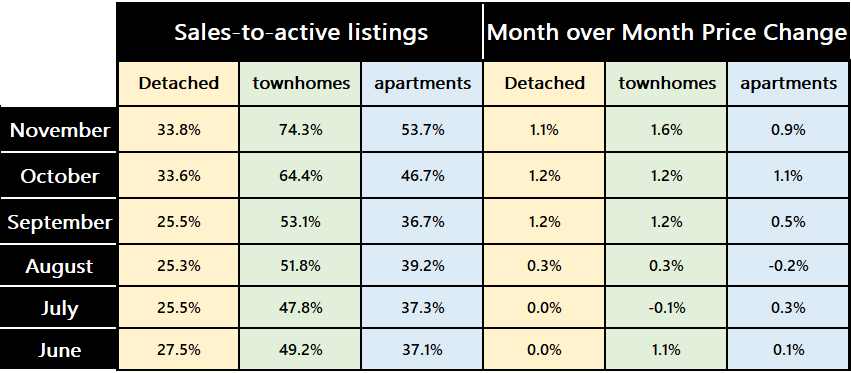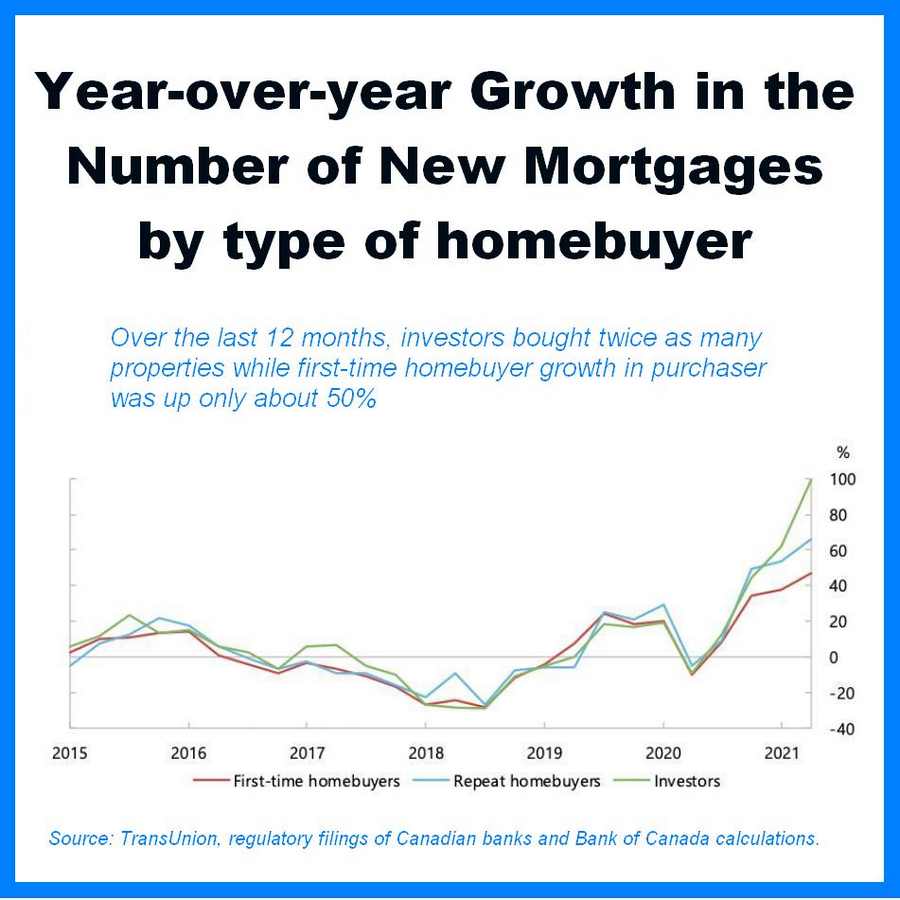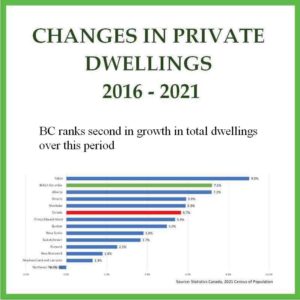Real estate in Metro Vancouver in November followed the same template as the last few months. Activities high, inventory low. Home sales in November were 11.9% higher than last November and 33.6% above the 10-year November sales average.
The total number of homes listed was 35.7% lower than last November. This high demand with lower supply made sure the price of real estate kept increasing. For detached homes, the benchmark price went up 1.1% compared to last month and 20.8% compared to last November. The apartment benchmark price was up 0.9% over last month and up 11.4% over last November. For attached homes benchmark price was up 1.6% over last month and 20.2% over last November.

The provincial government is looking to introduce a cooling off period for purchasing real estate in the new year. I think the intent is to address the hot real estate market, but I can’t see how it would work. I will comment on it when more details come out next year.
Meanwhile New Zealand has taken decisive and effective action to cool their red hot real estate market. They have been putting new measures in to remove incentives for home investors. Since the first announcement made in March, the share of investors in the market has dropped significantly and the annual growth rate has slowed in the last two months.
According to the Bank of Canada, about 20% of the real estate purchases in Canada are by investors. And for the past year measured from the second quarter of 2021, investors bought twice as many properties than they did a year ago while first time home buyers bought around 45% more. So investors are definitely having an impact on housing prices during this last run up.
It is unlikely that Canada will follow New Zealand’s measures to slow the housing market down; however it is very likely that the Bank of Canada will raise their overnight rate next year which should dampen the market a bit. This is the rate the variable rate mortgage follows. If the overnight rate goes up, the variable rate will go up.
The fixed rates have been going up the last month as it follows the trend of the 5 year Bank of Canada bond. However, since the announcement of the omicron variant, the bond yield has been going down. This cast some doubts on the forecast regarding the Bank of Canada rate increases. Before the announcement of omicron, banks were forecasting the Bank of Canada to raise rates as early as April 2022. By the end of 2022, the overnight rate will go from 0.25% to either 0.50% or 0.75%. However, in 2023 is when four to six 0.25% rate hikes would occur. Seems like an overly aggressive forecast. Even before the appearance of omicron, the bond market activities are showing that the bond traders believe rates will be going down again in 2024.


